
Indonesia is bracing for forest and plantation fires, as the country is forecast to experience drought that could induce wildfires.
Pekanbaru, MINA – Terra and Aqua Satellites have detected 27 hotspots across Sumatra Island, Antara News reported, citing an official of the Meteorological, Climatology and Geophysics Agency (BMKG).
“The hotspots, having a trust level above 50 percent, were detected in seven province in Sumatra,” Slamet Riyadi, head of the data and information section of the Pekanbaru climatology office, stated here on Wednesday.
Also Read: Floods Spread in North Aceh, Eight Districts Submerged
Of the total 27 hotspots, 14 were found in South Sumatra, five in West Sumatra, three in Bangka Belitung, two in Jambi, and one each in North Sumatra, Bengkulu, and Riau Provinces.
In Riau, the hotspot was found in Rupat Sub-district, Bengkalis District.
According to the Riau disaster mitigation office (BPBD), Riau is experiencing a transition from dry to rainy season.
The number of hotspot tended to decrease during Sept.
Also Read: Chinese Investment in Central Java Surges; Fujian Proposes Direct Semarang–Fuzhou Flight
The Riau BPBD is vigilant of possible forest fires in accordance with the emergency status of forest fire that has been declared by the Riau provincial government since early this year until Nov 2017.
Call for early preventive measures
Indonesia is bracing for forest and plantation fires, as the country is forecast to experience drought that could induce wildfires, from June to Oct this year.
Also Read: Umar ibn Al-Khattab’s Speech Before Entering Jerusalem Highlighted at AWG Commemoration
Despite the country being relatively free of haze smog arising from forest fires last year, President Joko Widodo (Jokowi) has urged all stakeholders to undertake early preventive measures against wildfires.
In 2015, Indonesia was hit hard by forest and plantation fires that had affected 2,089 million hectares of area and inflicted financial losses worth Rp220 trillion.
The wildfires in 2015 affected commercial flights, offices, businesses, schools, and public health.
Some 504 thousand people suffered from respiratory ailments, and flora and fauna habitats were damaged, as 2.6 million hectares of forest areas were gutted by wildfires.
Also Read: The Four Cultural Pillars of Bayt al-Maqdis to Strengthen the Movement for Al-Aqsa’s Liberation
Based on monitoring data of the NOAA satellite, the number of hotspots in 2016 had decreased by 82.14 percent, compared to that in 2015, while the Terra and Aqua satellites showed a drop of 94.58 percent. (T/RS5/RS1)
Mi’raj IslamicNews Agency (MINA)





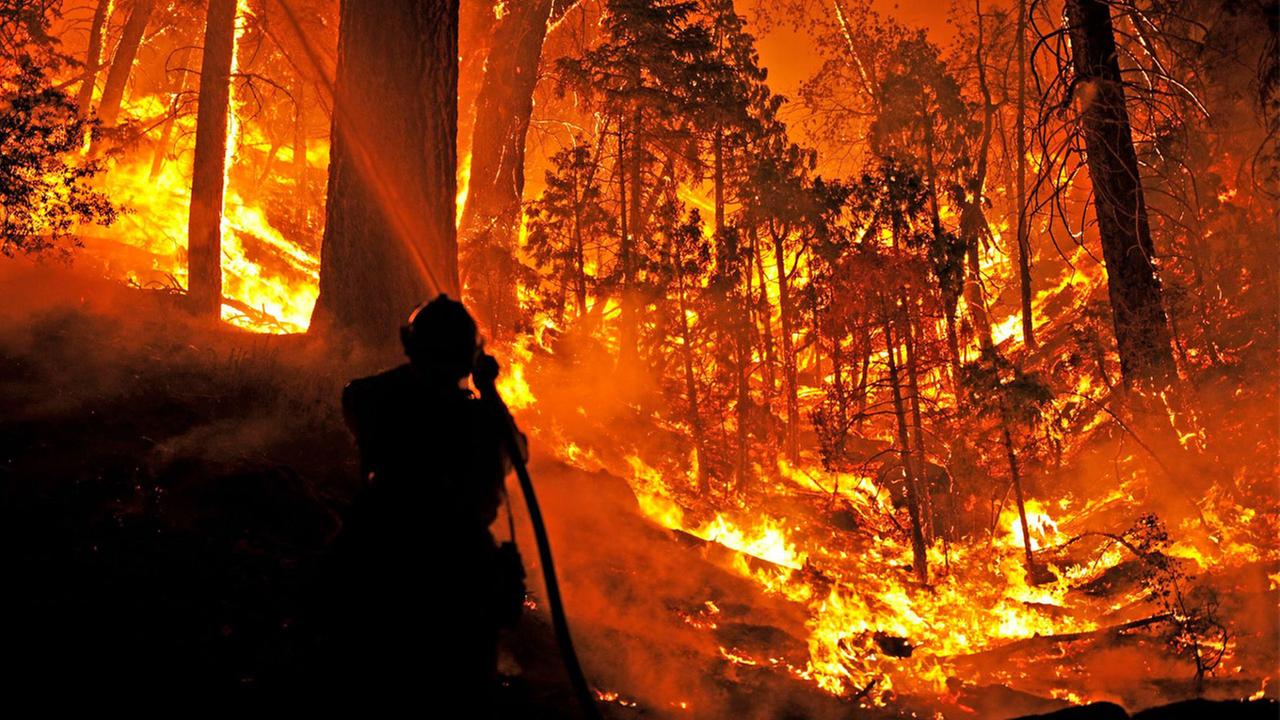









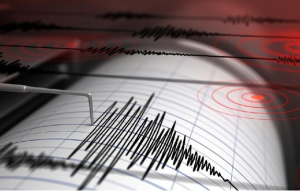
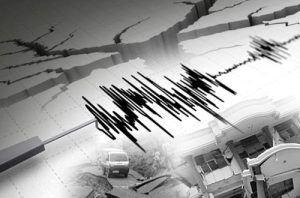
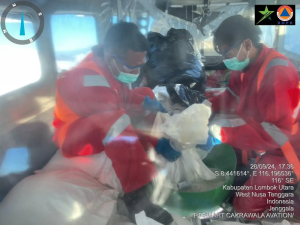
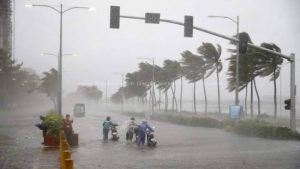














 Mina Indonesia
Mina Indonesia Mina Arabic
Mina Arabic